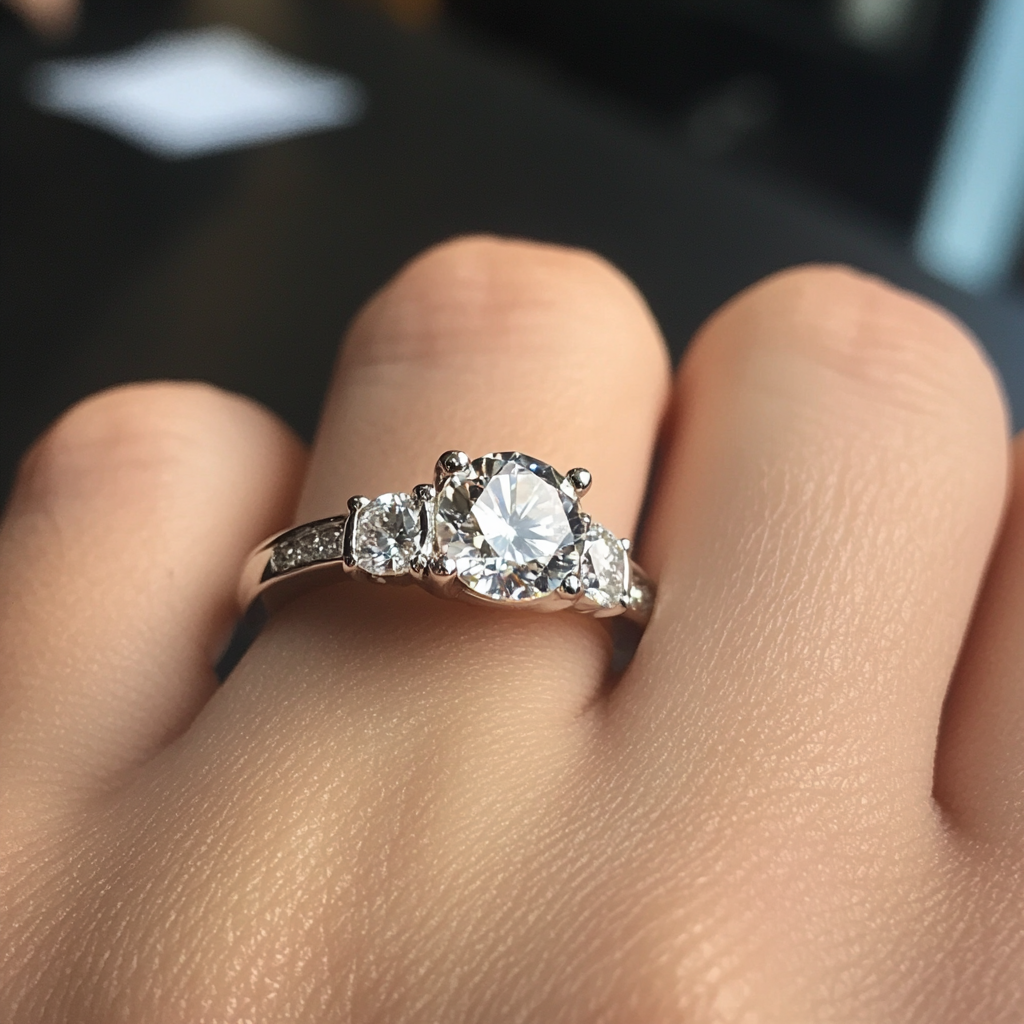Hi,
I am interested in converting some of my money into diamonds. After I buy a diamond, how do I sell it? Who buys diamonds? What is the spread for buying and selling? If I bought and sold a diamond today, would I be able to sell for what I paid for it?
Where would I get the best price on buying stones without settings? Is whiteflash overpriced?
Thanks,
Ana
I am interested in converting some of my money into diamonds. After I buy a diamond, how do I sell it? Who buys diamonds? What is the spread for buying and selling? If I bought and sold a diamond today, would I be able to sell for what I paid for it?
Where would I get the best price on buying stones without settings? Is whiteflash overpriced?
Thanks,
Ana



300x240.png)